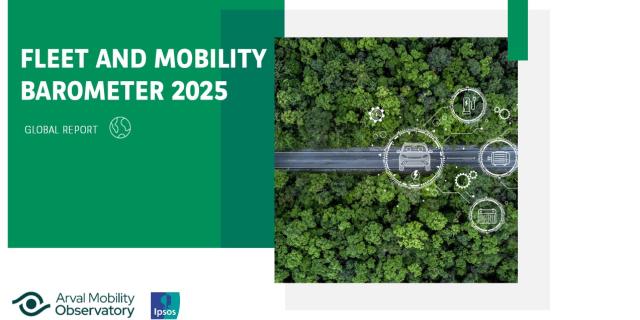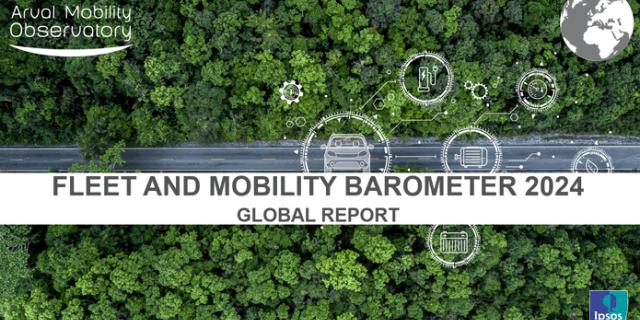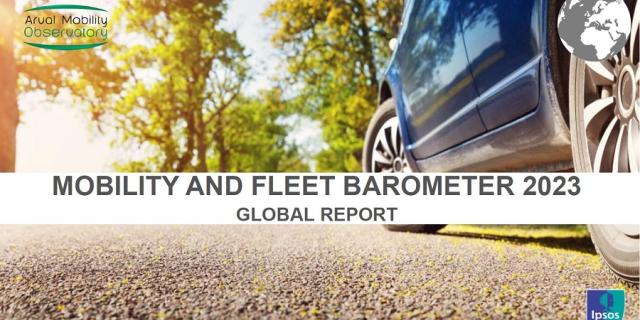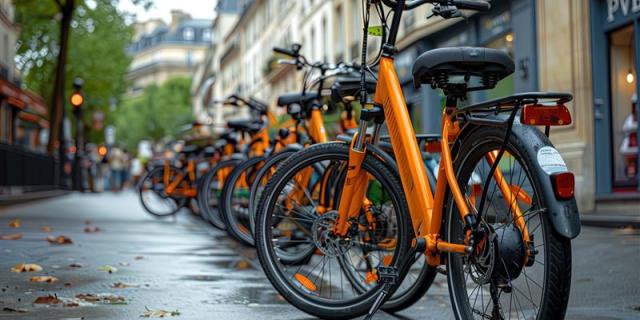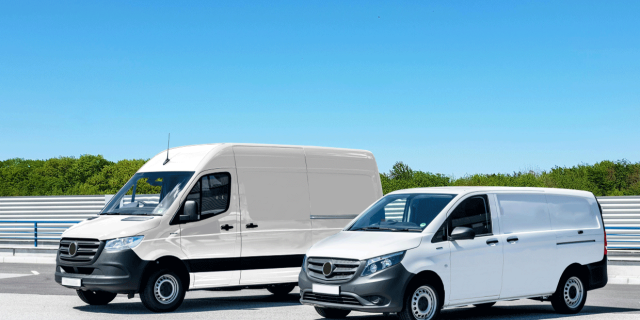Mobility in Smart Cities
Paris, 07th of December 2020
What is a Smart City?
You will find different definitions of the concept, various Smart City indexes, and different rankings. From a mobility perspective, a possible definition could be the following:
Thanks to data, infrastructures, connectivity and new technology, Smart Cities want to improve their residents’ quality of life (safety, security, air quality, health are examples) in a sustainable environment, offering efficient public transports, multi modal mobility and working closely with the private sector. Of course, regulations and policies are implemented in order to accommodate these changes. In France, the city of Lyon wants to exclude diesel car by 2026. In the UK, cities will ban ICE vehicles from 2030 and hybrid from 2035. All these decisions will have an impact on mobility modes in the city centers and city dwellers will have to change their habits.
In our video, Smart City and its impact on Smart Mobility (https://mobility-observatory.arval.com/smart-city-and-its-impact-on-smart-mobility) you will discover how data helps Smart Cities constantly adapting, supporting growth and improving quality of life (air quality, traffic, congestion, road safety etc….), sustainability and environment. One example is Barcelona. Barcelona's Superblocks have been widely criticized by sceptics but the results of the experiment speak for themselves. The project focused on data-driven partitioning of the city to create pedestrianized car-free zones with traffic directed along the perimeter. Up to nine residential blocks at a time were turned into mixed-use areas, limiting and slowing local traffic, freeing up space for cycling and recreation. Superblocks have helped clean up the city's air, leading to a decrease in mortality rates, an increase in life expectancy and multiple other benefits.
City dwellers are looking for more and more flexibility concerning their mobility modes and are increasingly focused on sustainability and green solutions. They want to go from point A to point B for example using their car to the train station and then a bicycle to reach the center of the city for a seamless journey. This evolution is also reflected at a corporate level with an increasing employee need for flexible solutions using the right mobility mode for the relevant usage. This trend has been deeply reinforced by the Covid-19 pandemic.
Fleet managers need clarity about the employees’ new patterns in order to be able to answer to them. A good assessment has to be carried out in order to understand clearly the situation before implementing new solutions; their mobility providers (car leasing companies, travel operators…) can provide such a support.
In the coming months, you will discover in our articles how Smart Cities from all over the world are addressing the challenges they face and how they are embracing these changes. We will launch a World Mobility Tour and will travel in Smart Cities all around the world.
To start this Mobility Tour, let us discover what is happening in Tel Aviv. Coming in January 2021!
Stay tuned!




